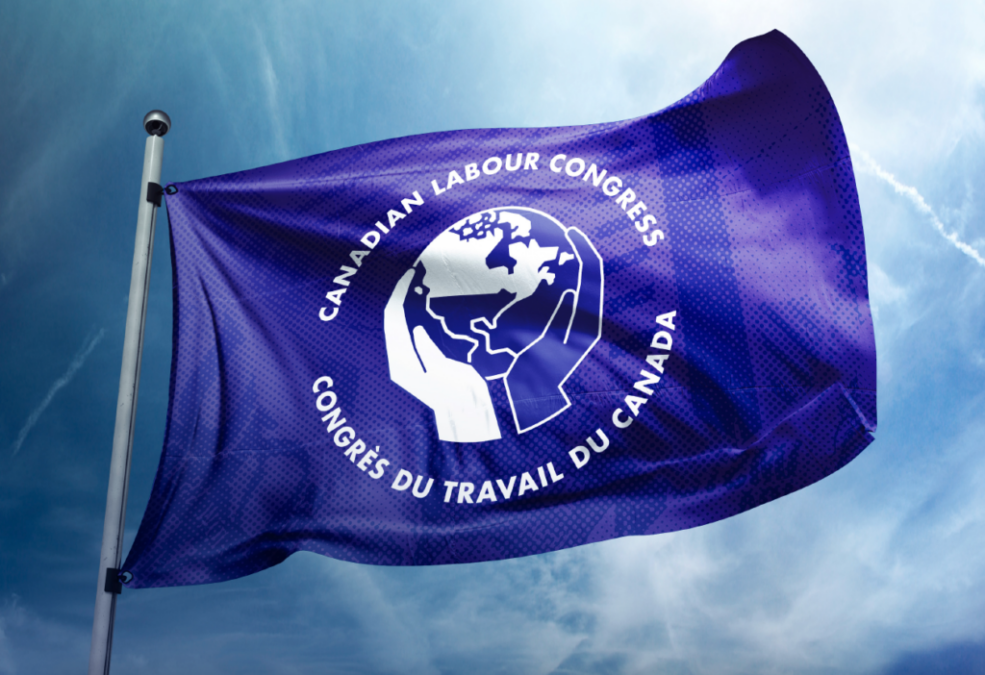
Former Health Ministers join experts, patients and care providers in calling for universal pharmacare
By Bea Bruske, President of the Canadian Labour Congress; Doug Roth, Chief Executive Officer of Heart & Stroke; Linda Silas RN, President of the Canadian Federation of Nurses Unions; Pauline Worsfold RN, Chairperson of the Canadian Health Coalition as published in the National Newswatch
The call for public universal pharmacare has been bolstered by two former Liberal Health Ministers. Former federal Health Minister Dr. Jane Philpott and Ontario’s former Health Minister Dr. Eric Hoskins have joined a growing chorus of experts, health care providers, health agencies, concerned patients and citizens.
Dr. Philpott and Dr. Hoskins are encouraging Health Minister Mark Holland to introduce strong universal pharmacare legislation this fall to address the high price of prescription medicine for the health system as well as the inequitable lack of access to this medicine for 1 in 5 people in Canada and reject a piecemeal fill-the-gaps approach.
Dr. Hoskins led a federal study of pharmacare in 2019 which recommended a national universal prescription drug coverage program. “We should approach prescription drugs the same way we do health care, which should be based on your need, and not on your ability to pay. And that principle of Medicare should necessarily be translated into a similar principle for pharmacare,” he told journalist Glen McGregor.
Nevertheless, the federal government seems divided over pharmacare, despite this consensus of health experts against a fill-the-gaps approach.
Industry lobbyists want to keep the existing patchwork system in place while adding public coverage for the 20% of adults who report having no drug coverage.
However, this fill-the-gaps approach will not reduce soaring drug or administrative costs, it will fail to provide equitable coverage to Canadians, and it will be more difficult to integrate with our public health care system.
Prescription drugs consume as many public dollars as doctors’ salaries according to the Canadian Institute for Health Information – we need the anticipated Canada Pharmacare Act to reduce drug costs and improve access.
UBC pharmacare researcher Steve Morgan has cautioned Health Minister Holland against following industry proposals for a fill-the-gaps plan, such as Quebec’s multi-payer model. According to his findings, adopting the Quebec model federally will increase drug costs for other provinces.
“Today, prescription drug costs in Quebec exceed the rest of Canada by $200 per capita,” Morgan explains. “If Canada implemented a similar system, it would cost a whopping $43 billion annually, which is $5 billion more per year than Canadians are already spending on prescription drugs.”
This is why more than 1,000 health professionals and experts in health care and public policy signed an open letter urging the government to adopt a national universal pharmacare plan. Such a system can use its bargaining power to negotiate better drug prices.
To assuage potential concerns about the cost of such a pharmacare program around the Cabinet table, Hoskins recommends beginning with public coverage for a list of essential medicines that are most often prescribed. This will cost an estimated budget of $3.5 billion annually.
“If we can accomplish this, this will be the biggest, most positive transformation in our health care system, since Medicare and the Canada Health Act,” said Hoskins.
The stakes could not be higher. At an Ottawa press conference, Dr. Philpott warned the harmful consequences of getting the Canada Pharmacare Act incorrect might be irreversible. “This is the once-in-a-generation time to get it right,” she told journalists. “If we get it wrong as a country now, it will take an enormous amount of work to undo and get it back on the [right] path.”
Canadians want pharmacare, but we need the full dose. We want a universal, comprehensive, and public pharmacare program as recommended by the government’s own advisory council led by Dr. Hoskins. Half-dose proposals from industry lobbyists won’t address high costs or bring Canadians full and fair coverage. Only the full dose will get it done.
Bea Bruske, President of the Canadian Labour Congress;
Doug Roth, Chief Executive Officer of Heart & Stroke;
Linda Silas RN, President of the Canadian Federation of Nurses Unions;
Pauline Worsfold RN, Chairperson of the Canadian Health Coalition








